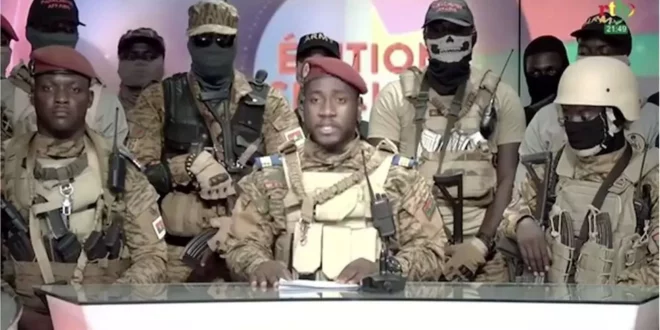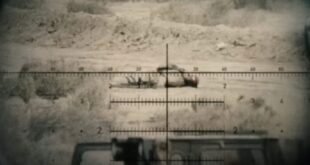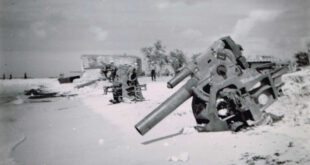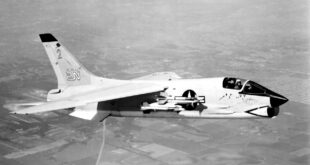The latest coup in Burkina Faso is not aimed at creating a showdown with the previous coup, the group’s new military leader said.
“The fight we are engaged in is not about power,” said Captain Ibrahim Traore, the new leader.
Traore made his comments this weekend while speaking to Voice of America. Traore is not looking for a confrontation with Burkinabe forces that might be supporting the ousted junta, he said.
“The fight we are leading is for Burkina Faso,” Traore said.
Military officers Friday claimed to have ousted junta leader Paul-Henri Sandaogo Damiba, saying he had failed to quash a growing Islamist insurgency.
“You have to go deep into the bush to understand certain things. … Can you imagine that we go into villages and see all the leaves on the trees have disappeared because people are eating those leaves. People even eat grass. We are proposing solutions that could allow us to produce and protect these people, we are not being heard. We proposed so many solutions and I understood that in the end, we are playing politics,” he said.
“We want to protect our people. We want to get our people out of this misery, this underdevelopment, this insecurity. That’s the fight.”
Damiba took power in January, after a coup, replacing President Roch Marc Christian Kabore, whom Damiba had accused of failing to deal with the Islamist insurgency.
Agence France-Presse reports that the general staff of Burkina Faso’s army has dismissed the coup as an “internal crisis” within the military.
Damiba wrote on the presidency’s Facebook page that his rivals should “come to their senses to avoid a fratricidal war that Burkina Faso doesn’t need.”
Troops in Burkina Faso have blocked streets in the capital, after a group of military officers overthrew the man who seized power in a coup only nine months earlier. A group of military officers led by Capt. Ibrahim Traore said Friday that President Paul-Henri Damiba had failed in his efforts to lead the country, and was being removed as interim president.
At around 4:30 a.m. Friday, gunfire and a loud explosion were reported in Ouagadougou, in the vicinity of Camp Baba Sy, where Damiba is based. Witnesses said gunfire could also be heard coming from Kosyam, where the presidential palace is located.
Reports also said soldiers had blockaded the center of the city, an area where many government buildings are located as well as the national broadcaster’s TV station and the French embassy.
VOA went to the area to investigate.
“Just outside the military blockade in the center of town on Boulevard Charles de Gaulle, the military are blocking the road. Many are wearing facemasks and are reluctant to talk. Local police say they have no idea what’s happening. People are still going about their daily business, although they’re being turned away from the area where many of the government buildings are by the soldiers. At the moment the situation is still unclear.”
The events this morning bear the hallmarks of a possible coup.
In January, Lieutenant Colonel Damiba came to power in a military coup that saw the former president Roch Kabore arrested by members of the armed forces. National broadcaster RTB went offline for much of the day, before soldiers appeared on television to announce they had taken power.
This morning, RTB was once again off air for several hours, although a story about cotton farming aired around 9 a.m. local time before the channel went off air again.
Just after 12 p.m. local time, the president’s office released a statement on Facebook, part of which said, “In view of the confused situation created as a result of a movement of mood by some elements of the national armed forces this Friday … Negotiations are underway to bring back calm and serenity.”
The U.S. Embassy has warned Americans to limit their movements and stay informed of local media reports.
The events of this morning come after rising frustration with the government’s inability to deal with insecurity caused by militant groups linked to al-Qaida and Islamic State.
On Monday, a convoy carrying food and basic supplies to the northern town of Djibo, which has been under siege by militants for years, was ambushed. Eleven soldiers were killed, and more than 50 civilians were said to be missing.
The incident raised serious concerns about the government, with many citizens expressing their fears and doubts on social media.
Paul Melly is an analyst for Chatham House, a London-based think tank.
“The military seized power in Burkina Faso in January and justified their coup by the failure of the previous democratic government to tackle the jihadist violence, but by that very benchmark, this military junta has proved unable to seriously reduce the level of violence and frustration has continued. Burkinabe feel afraid about the continuing spread of jihadist violence.”
One small business owner, who declined to give his name, close to where the military had blockaded the city center said that in any case, the way they govern is no good. There are the jihadists who kill a lot of people.
The new leaders don’t plan to stay in control indefinitely, Traore said.
“We are waiting for a national forum that will choose a president,” he said. “We are not here for power.”
Reported by VOA.
 Soldier of Fortune Magazine The Journal of Professional Adventurers
Soldier of Fortune Magazine The Journal of Professional Adventurers






